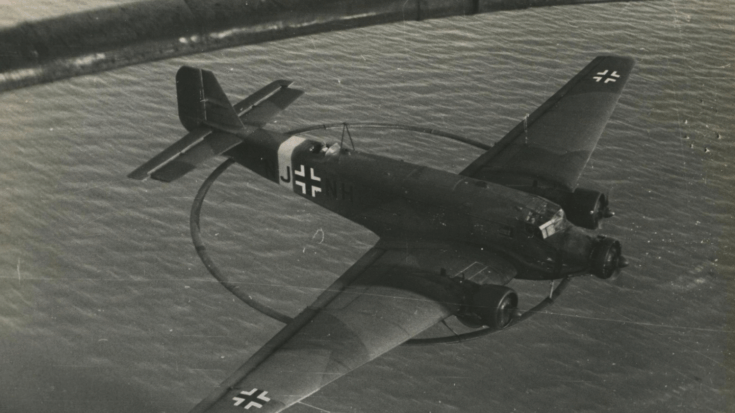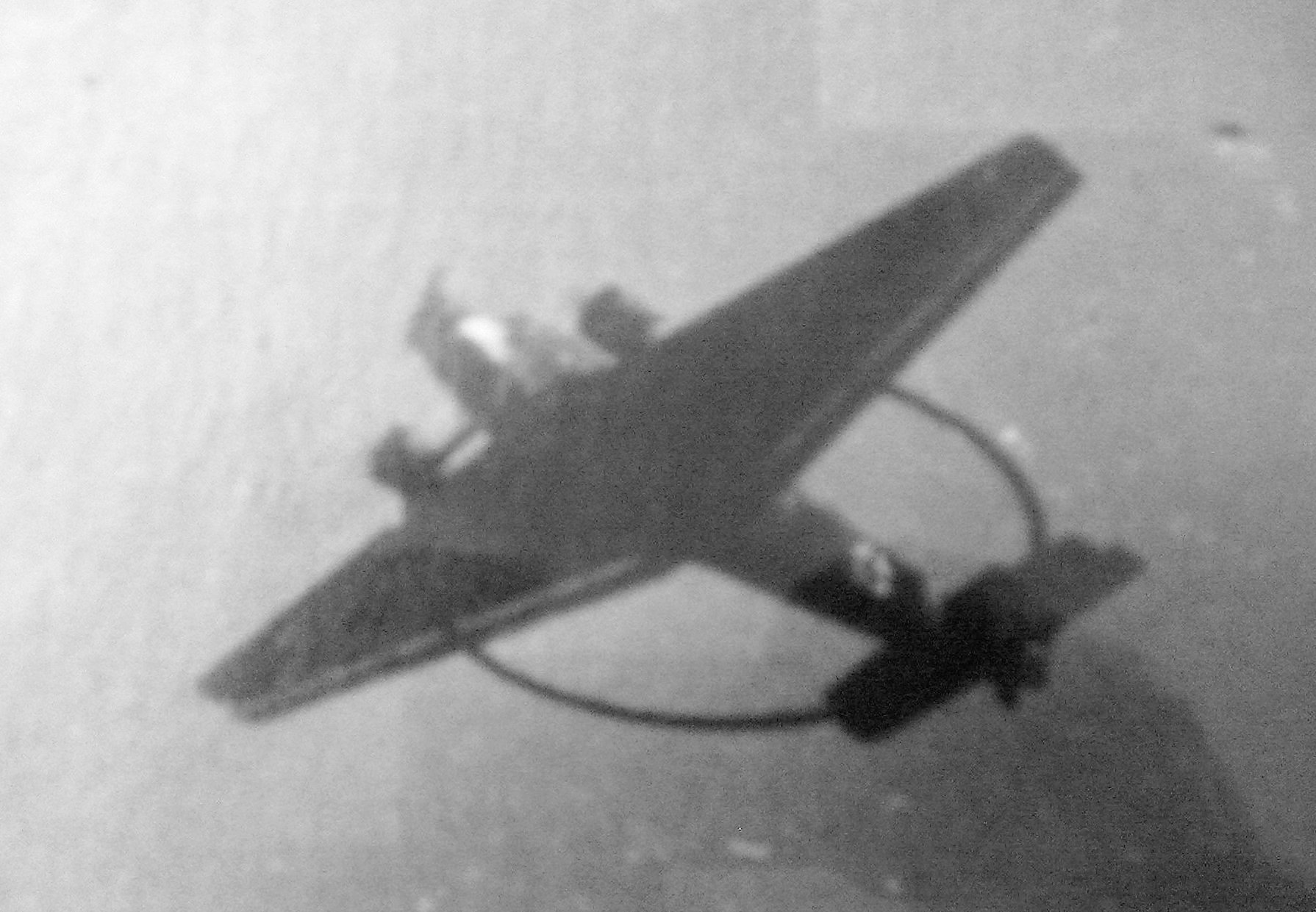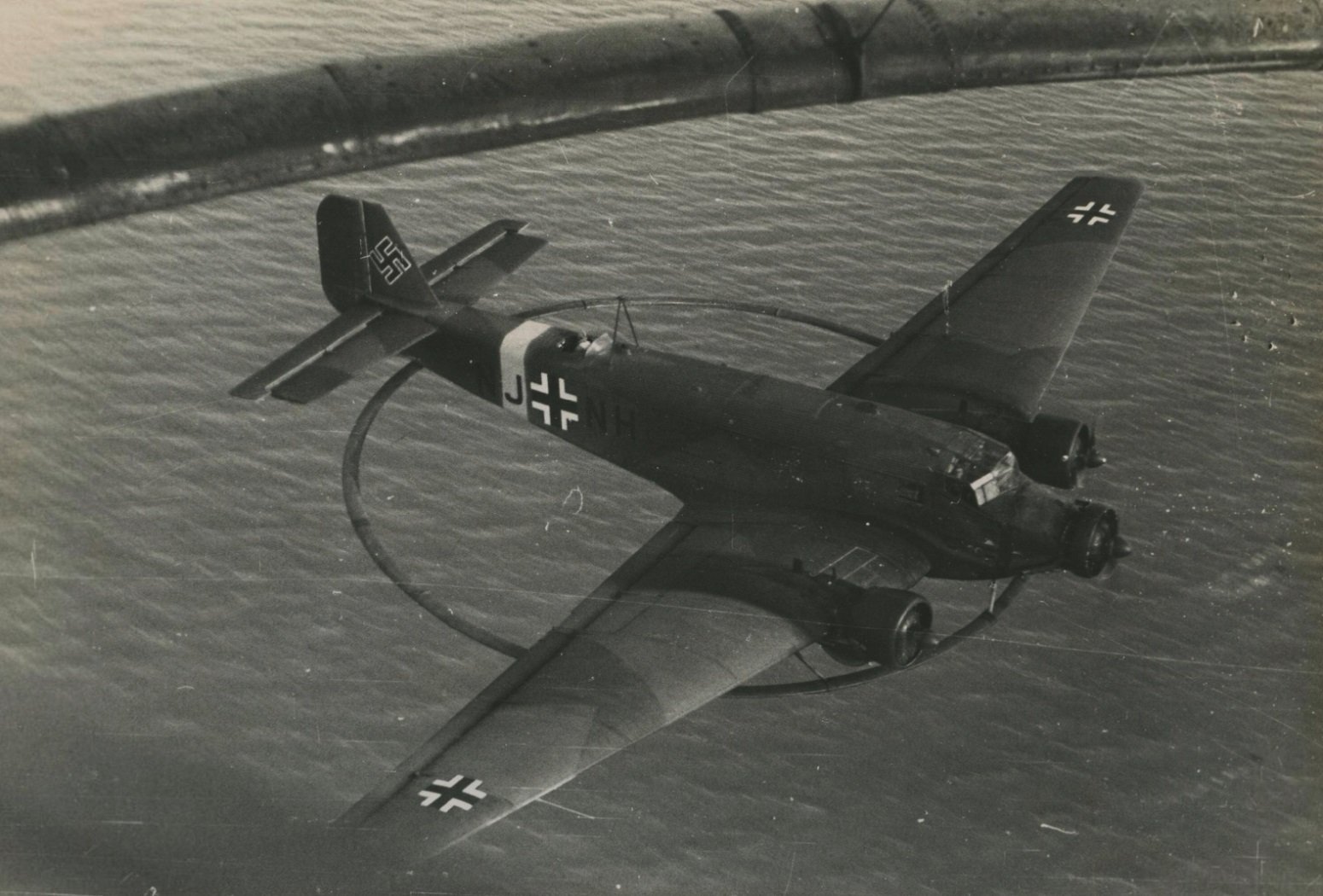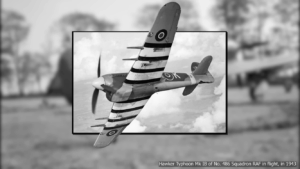Why Germany Put Giant Hoops Under Their Planes

YouTube / artificial_historian
Why on earth did Germany strap massive metal rings to their airplanes in World War II? Sounds like something out of a sci-fi film, right? But it wasn’t madness—it was magnetic warfare, plain and (somewhat) simple.
Magnetic Mayhem
These strange-looking aircraft were modified versions of the Junkers Ju 52, nicknamed Mausi-Flugzeug, or “mouse planes”—not for their stealth, but for the squeaky-narrow altitude they had to fly. German engineers rigged them with a 14-meter-wide metal ring slung under the fuselage, forming a sort of airborne hula hoop from hell. The ring wasn’t just for show—it was wired to pump out a strong magnetic field while the plane skimmed just 20 meters above the waves.

The goal? To detonate British magnetic sea mines before German ships reached them.
And it worked—for a while. Britain’s magnetic mines were wreaking havoc on Axis naval operations, and traditional minesweeping ships simply couldn’t clear the danger fast enough. So, in classic German fashion, they took the problem to the skies.
Close to Death
The missions were exactly as risky as you’d expect. Pilots had to fly just above the water, low enough to trigger mines—but not so low they’d eat a wave or clip the surface. Veer a few meters off course? Boom.

Some Allied pilots, caught off guard by the sight of these ring-bearing planes at dusk or dawn, mistook them for unidentified flying objects. Can’t really blame them—what else looks like a plane dragging a glowing steel halo through the air?
The Mine War Escalates
Of course, the British weren’t going to sit idly by. They quickly developed more sophisticated delayed-fuse mines that didn’t detonate immediately, making Germany’s airborne sweeping far less effective.

Still, for a brief window in the war, the skies themselves became part of the naval battlefield. And Germany’s “flying rings of death” proved just how far engineers would go when war rewrote the rules of physics and fear.




















